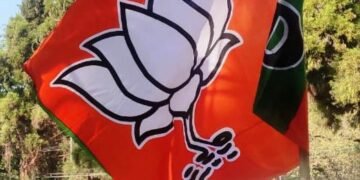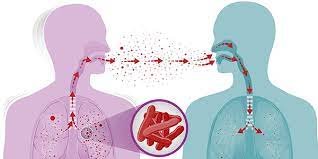National Vaccination Day which was celebrated on March 16 aims to create awareness about the significance of vaccines for maintaining good health. The day emphasises the importance of vaccines in protecting against dangerous diseases and recognising the efforts of doctors and healthcare workers in ensuring every child receives a vaccination. Vaccination plays a crucial role in public health by providing immunity to the body against diseases. They are effective in preventing deadly diseases such as tetanus, measles, chickenpox, polio, rubella, and the recent Covid-19. They help reduce the spread of these diseases and protect individuals from future encounters with the same pathogen. National Vaccination Day is celebrated to raise awareness about the advantages of vaccinating both children and adults.
The National Vaccination Day was first observed in 1995. On this day, the Indian government launched the Pulse Polio Immunisation programme to eliminate polio from the country. On March 16, 1995, the first dose of the oral polio vaccine was given in India as part of the World Health Organisation’s initiative to eradicate polio globally, which started in 1988. In India, children aged between 0-5 years are given two drops of the oral vaccine at public health centres to prevent polio. As per the World Health Organisation (WHO), the last polio case in India was reported in Howrah, West Bengal, in 2011, and on March 27, 2014, the WHO declared India as a polio-free nation. Currently, India is focusing on eradicating measles and rubella by vaccinating over 324 million children through MR vaccination campaigns.
Vaccination is the most efficient way of preventing the spread of infectious diseases and keeping them under control. The day also emphasizes the importance of getting vaccinated and promotes healthy living. India has successfully vaccinated a vast majority of its population against Covid-19 using a single vaccine, despite the emergence of new variants. So far, the country has administered over 2.2 billion Covid vaccine doses. Mission Indradhanush was launched in December 2014 by the Government of India to strengthen and achieve full immunisation coverage for all children and pregnant women at a rapid pace. The immunisation drive in India is aimed at introducing advanced vaccines all across the country to strengthen the immune system against serious health conditions and diseases.
Under the National Health Policy (2002), provision of universal immunisation of children against vaccine preventable diseases is one of the major goals. India’s five year plan also puts emphasis on reduction in maternal and infant mortality rates as major maternal and child health indicators. The country developed a comprehensive Multi Year Strategic Plan for Immunisation in 2005, which has been revised in 2013. This document is a national strategy document to guide development of Universal Immunisation Programme (UIP) plans at national and state levels. The Ministry of Health and Family Welfare also revised the National Vaccine Policy in 2011. The goal of this vaccine policy is to guide decision making in order to develop a long term plan to strengthen UIP.


























